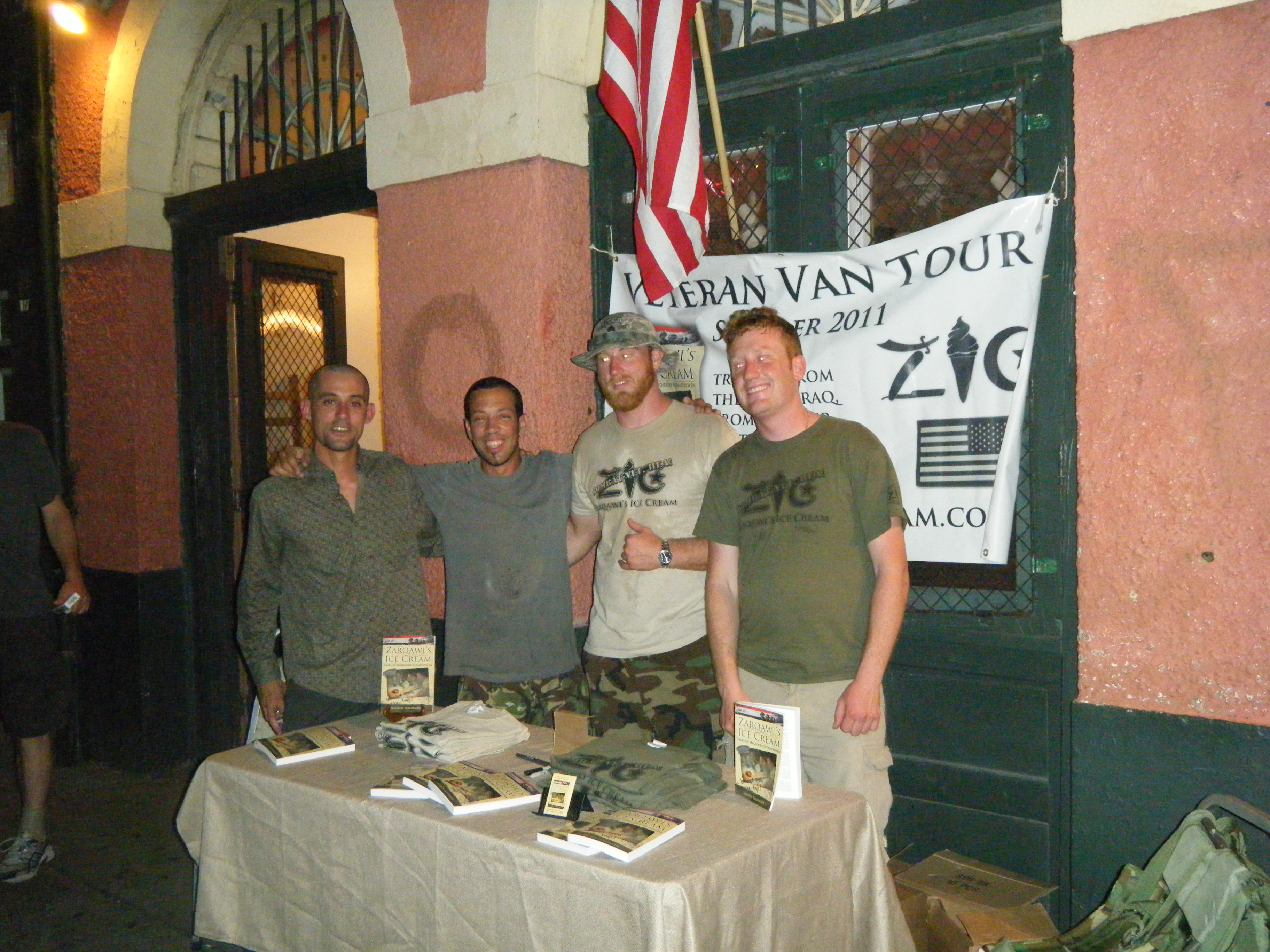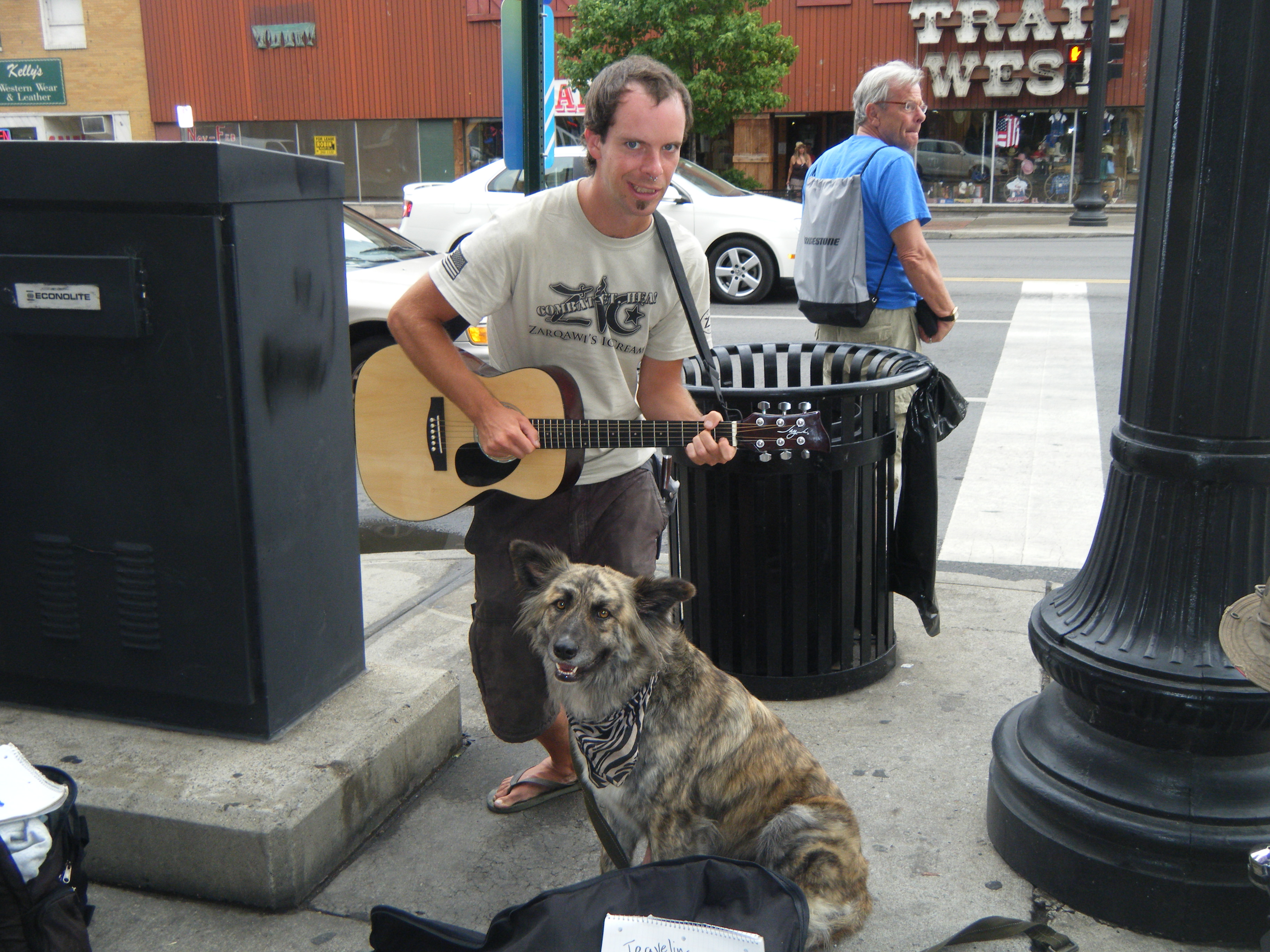Fourth of July—Independence Day—a uniquely American holiday, and Veteran Van is heading west towards Minnesota. Wrapping up visits with two old LTs, now Commanders—great leaders, patriots, and mentors—who remind us of why our Armed Forces, and especially the infantry, are such bastions of courage, intelligence, and strength.
Independence: It’s a word many Americans have forgotten, and some may never know.
The infantry are independent. We hold down entire cities and provinces in hostile territories half-way around the world. We live in abject squalor and yet maintain the professionalism and will to survive and accomplish impossible missions under impossible circumstances.
Independence is strapping on a heavy rucksack and walking out with your brothers in arms to distant outposts. Independence is leaving the comforts of hometown life at an early age to confront the harsh realities of the real world. Independence is casting off the shackles of colonial masters back in the day, in good old 1776, and teaching the world, for the first time, what a free society can become. Independence is heading out in a van, loaded down with books, and seeing what kind of adventures one can stir up.
Two days before arriving in Detroit, we try to schedule a police ride-along.
“Hello. Is this ___________ Police Precinct?”
“Yes. How may I help you?”
“I’m an author and Iraqi War Vet looking to do a police ride-along with your department.”
“Oh. . . just show up at any precinct a few hours before you want to go out. They’ll accommodate you.”
“Thank you, that’s too easy. . .”
Except it isn’t. We get shuffled from one station to another before being politely told that we should really only go out on Friday or Saturday (it’s Sunday); otherwise, nothing will happen.
But that’s okay, because our old LT is now a recruiting Commander and veritable Duke of Detroit, who gives us an infantry-style patrol of the once great American city. It’s better this way.
We drive along 7 Mile Road, through back streets, commercial roads, and rows of houses. An endless urban sprawl of decrepit, abandoned America stretches out before us; miles and miles and miles. Traffic lights at four way intersections aren’t working, burnt out and collapsed houses are everywhere, the only businesses are Coney Island hotdog shacks, cell phone providers, and liquor stores. Cut off the sewage, let the black water run loose through the streets, and this is isn’t America: this is Iraq.
What happened to the American Dream in Detroit? How can a child who only knows 7 Mile Road hear those words and not laugh in unknowing bewilderment? What’s happening to all of America?
Everywhere we go there’s this defeatist attitude. People cannot seem to talk enough about how America has lost its way, how the politicians have led us astray, and that we’re doomed to reenter some kind of dark age. There’s recession, China’s on the rise, perpetual threats of terrorism and endless war, and even 2012 doomsday prophecies. When did this country of optimists get so jaded?
Perhaps if we recaptured the spirit of the Fourth of July, maybe if we re-learned independence, we as a people and a country could break through this losing streak. Independence requires discipline, non-entanglement in the affairs of others, and the courage, intelligence, and will to stand alone. There are no easy answers, no simple solutions; only challenges and how we meet them. We need to remember that we’re not entitled to anything, that greatness, like respect, is not given, but only earned. It’s going to be a lot of work, but that’s what Americans do best.



